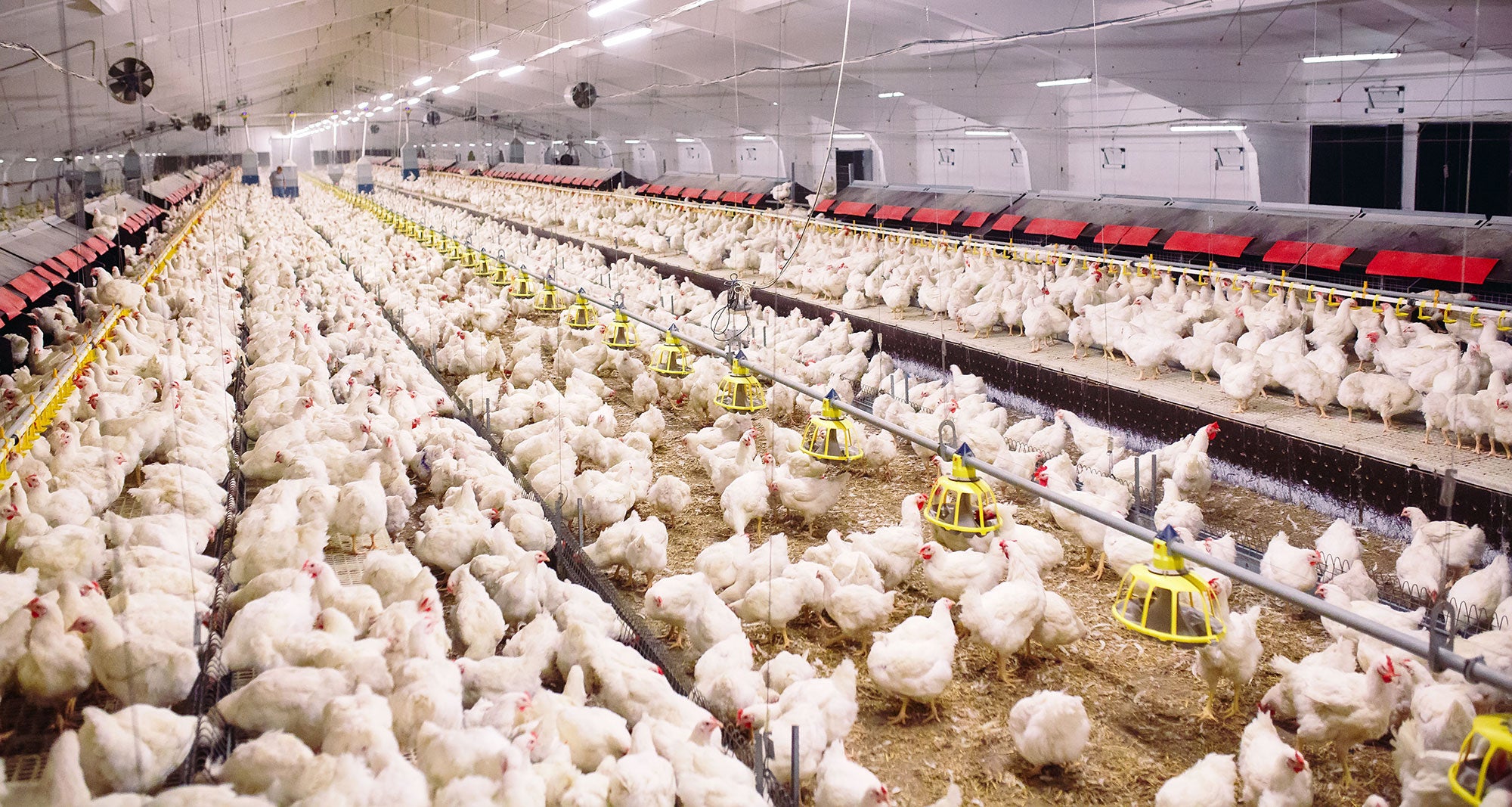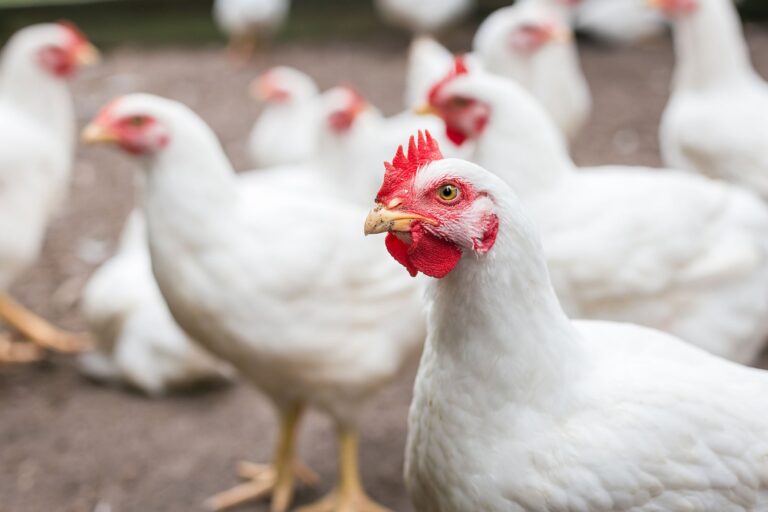Agriculture Secretary Tom Vilsack announced the third phase of regulatory reforms under the Packers and Stockyards Act. These updates, part of a broader effort by the Biden-Harris Administration, claim to create a more equitable system for farmers raising chickens, turkeys, hogs, cattle, and sheep under contract or for sale to meat and poultry processors.
The U.S. Department of Agriculture says that the new rule provides chicken farmers with greater transparency regarding payment rates, introduces stability and fairness to the ‘tournament system,’ requires companies to disclose information about capital improvements necessary to maintain or renew contracts, and strengthens farmers’ ability to hold companies accountable for non-compliance with the rules.
“During my time as Secretary of Agriculture, time and again, USDA has been confronted with the stories of farmers who lost their life’s savings or went bankrupt because of an unfair system they entered into when they agreed to raise animals for a major meat conglomerate. It is USDA’s job to advocate for farmers, and these regulatory improvements give us the strongest tools we’ve ever had to meet our obligations under the Packers & Stockyards Act,” Vilsack said.
The USDA has recently finalized two other rules that the agency says strengthen enforcement of the Packers & Stockyards Act and seek to create a fairer dynamic between integrated processing companies and the farmers who raise animals for them.

Here are some of the updates:
- Transparency in Poultry Grower Contracting and Tournaments, finalized in November 2023, which requires Live Poultry Dealers — typically large processing companies — to give critical information about terms of their agreements to the poultry growers with whom they contract to raise birds. The final rule requires a “Live Poultry Dealer Disclosure Document” that provides growers with information they need to have a better understanding of realistic outcomes they can expect before making important financial decisions, such as capital-intensive facility improvements or taking out loans. In particular, the rule requires that dealers disclose earnings for growers by quintile, establish minimum flock placements, and explain variable costs growers may incur and how companies handle certain important circumstances such as sick flocks and natural disasters. It also establishes an accountability and governance framework that must be certified by the poultry company’s CEO.
- Inclusive Competition and Market Integrity under the Packers and Stockyards Act, finalized March 2024, which prohibits discrimination on the basis of certain other basic characteristics and bans companies from retaliating against farmers over basic activities like communicating with government agencies, joining producer or grower associations, and asserting legal and contractual rights; it also offers protection against deceptive contracting that are false, misleading, and result in harm to producers.
- In June 2024, USDA proposed Fair and Competitive Livestock and Poultry Markets, which sought to define unfair practices under the Packers & Stockyards Act. The USDA received more than 13,000 public comments on the proposal. Due to the complexity and length of time needed to finalize that regulation, the USDA is withdrawing the proposal to preserve its ability to re-examine these important issues in the future and enable the Agency to explore with stakeholders regarding how best to implement the requirements of the Packers and Stockyards Act.
In recent years, the USDA and Department of Justice have taken steps to address fairness and competition in the agricultural sector under the Packers & Stockyards Act. In November 2023, the DOJ reached a consent decree with Koch Foods regarding excessive termination fees that acted as non-compete clauses. Growers were reimbursed for these fees and related expenses, and Koch Foods agreed to discontinue the practice. Similarly, in July 2022, the DOJ and USDA secured a consent decree with Cargill, Sanderson, and Wayne Farms addressing antitrust violations. This agreement provided $85 million in compensation to workers, established new grower pay protections, and improved transparency.
The USDA has also implemented measures to enhance competition, including investments in processing capacity, updates to labeling and claims guidance, and the creation of a Cattle Contract Library. Additional efforts include partnerships with state attorneys general, enforcement collaborations with the DOJ, and initiatives to improve price discovery and fairness in the beef market.
A new rule on poultry grower payment systems, set to take effect on July 1, 2026, will require fairer compensation practices and increased transparency for broiler chicken growers. A proposed rule addressing unfair practices in livestock and poultry markets was recently withdrawn, but USDA continues to enforce existing regulations under the Packers & Stockyards Act.


:max_bytes(150000):strip_icc()/CornStunt-MandyBish_preview-cb2cad209367437b80abb5e4cae3989a.jpg)
:max_bytes(150000):strip_icc()/semi-2000-6fe53400df4c4210bca745be3d47c1be.jpg)





:max_bytes(150000):strip_icc()/image_720-307c4058968946b5aa34315f92fe165c.jpg)

:max_bytes(150000):strip_icc()/SusanWoodImages-184997191-2000-16396af3e98e41e3b62570d33e00a00f.jpg)